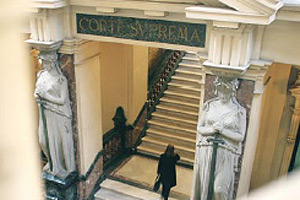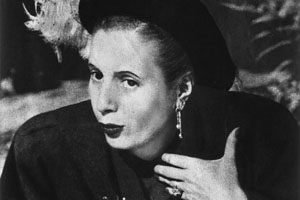The universal definition of Nation states that «is a human group tightly linked within them by blood relationships, origin, breed and, also, by those links such as religion, language and history».
Now then, when this structure reaches a social, political, juridical and economic order, we talk about State, which is the power organization that owns a determined territory and population. Its main objective is to create the adequate conditions for growth and equal opportunity so that all individuals integrating the nation may achieve the highest possible wellbeing´
The State consists of four elements:
– Population: is a group of persons living and acting in a certain territory.
– Territory: is the geographical, maritime and aerial space where people live. Moreover, the legal territory conformed by the spaces owned by the State beyond its frontiers, as, for example, the embassies.
– Sovereignty; is defined as “the State’s faculty to take decisions and made then execute in the territory, as well as, to relate on the basis of a juridical equality with other States”. From this definition it is possible to distinguish two types of sovereignty:
. Internal Sovereignty: is the State’s faculty to comply with the dictation of its own laws.
. External Sovereignty: id the States faculty to participate in the international community and handle its diplomatically relations on an equal basis with the other States.
– Group of Norms: it refers to a legal body regulating the behavior of the people conforming the population.
Classification of the State
The State may adopt different denominations, depending of its structure and sovereignty.
According to its structure, are classified in:
– Simple or Unitary State: there is one power center. It is executed through the organisms in charge of different functions. Also, people obey to a sole Constitution and the political organization encloses the whole national territory. Chile is an example of this kind of State.
– Federal State: it has several origin sources of political power. One that belongs to the central government and others that belong to the regional governments.
Other classification of State deals with its sovereignty. Thus, there are independent states, vassals) dependent and the protectorates.
– Independent: a State which government is not subdued to the control of anu y other state.
– Vassal: is such subdued to other state.
– Protectorate: when a state is under the protectorate of another, specially for everything concerning security and international relationships.
The Powers of state
The concept of power of State is defined as «a system of relations among gubernator and the governs, which is established by laws». According to this description, the State has the faculties to command and have attributions to be complied with.
The State achieves its objectives through the work developed by the three powers in which is divided: executive, legislative and judicial.
The Executive Power: is the one in charge of managing the State. If the government’s regime is presidential, this is headed by the president of the republic and if the regime is parliamentary, is performed by a monarch or president of the republic which complies with the function of chief of State and by a Prime Minister, who presides the government.
–The Legislative Power: it is performed by the Parliament or National Congress and is in charge of the elaboration of laws that rule in each country. In Chile it is composed by the Lower Chamber and the Senate.
– The Judicial power its basic mission is to administrate justice. Establishing what is fair for each case in particular that knows and judges, in accordance with the present legal precepts. The high court room of our country is the Supreme Court.








 Muere Evita
Muere Evita